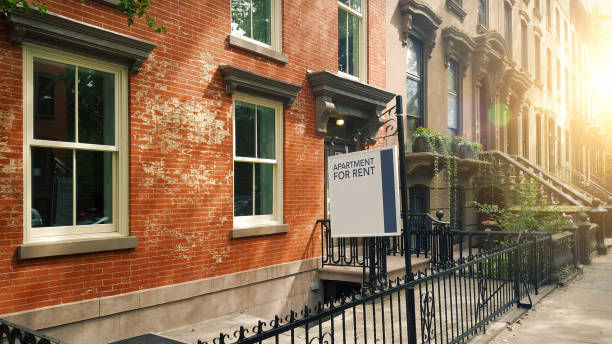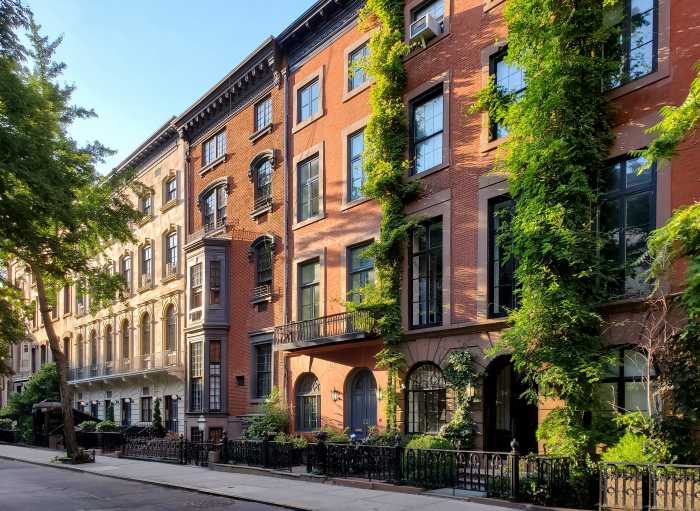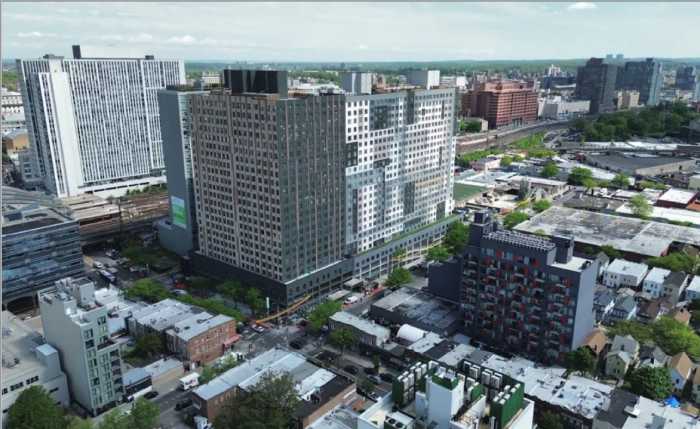At the start of last year, the city adopted Local Law 18 into legislation, but the impact of the law wouldn’t shake-up the short-term rental market until earlier this month.
According to the Office of Special Enforcement, the law requires short-term rental hosts to register their properties with the Mayor’s Office of Special Enforcement (OSE) and prohibits booking platforms from operating short-term rental units in what Airbnb calls a “de facto ban.”
The short-term rental registration law directly impacts the popular booking service platforms including Airbnb, VRBO, Booking.com and similar known sites for booking stays at travel destinations. The law also requires hosts to register with the OSE in order to start renting out their homes and limits the amount of people and time a person can stay under the supervision of a host.
According to an analysis of hotel and short-term rental accommodations from Airbnb and OpenStreetMap data, Ridgewood is one of the top 5 neighborhoods directly impacted by the short-term rental ban in the city.
The short-term rental ban turns Ridgewood into a “hotel desert,” as there are limited guest housing options in the neighborhood, the OpenStreetMap data reveals.
The loss of accommodation options for visitors would bring fewer options for visitors and residents looking for a space to stay and directly impact homeowners who rely on Airbnb for supplemental income and more.
Ridgewood resident Alejandro Ordonez, 47, turned to Airbnb to help pay off his home mortgage and when dealing with tenant-related disputes became too much to handle. After dealing with tenant disputes back in 2014 and 2016, Ordonez wanted to take a break from renting out the third-floor apartment of his home.
“I started Airbnb in 2019, so the year before the pandemic,” said Ordonez. “Basically, It saved me from having tenants that weren’t gonna pay, because at that point, you know, tenants weren’t required to pay, and it put a little bit more of a strain on everything as it was. But at that point, I was part of Airbnb.”
Ordonez said he grew up in Ridgewood and returned after some time to be closer to his father and bring the family together. Being a host with Airbnb allows for more control in his multi-family home, especially when it comes to taking breaks from time to time, but the recent ban makes Ordonez consider returning to leasing the vacant apartment.
“It’s the only solution that the city has left me because there’s not much options. People have tried suing to prevent this, you know, because it seems unlawful and unconstitutional that something that you own is being dictated by somebody else,” Ordonez said. “It’s not like I’m renting this house — I own this home. The city never paid me, you know, helped me pay for it. The city never gave me any breaks. The city just nailed me in taxes every year. They’re still dictating what I can do and what I can’t do.”
On average, Alejandro said he makes $3,500 to $4,500 a month from renting out the 3rd floor of his building. He said busier months brought closer to $5,000 a month, but now with the short rental ban, he estimates losing close to $28,000 a year if it continues.
“It just doesn’t make any much sense what’s going on because the people who come to stay with me, they help the economy and they come and spend and spend and spend. So now they’re eliminating places to come that are affordable,” Ordonez said. “So now they’re spending the money on the hotels, which are already swimming in money, and not be able to spend the money on the local businesses and the activities that the city has to offer. So it seems like they’re cutting off their nose to spite their face”
Ordonez worked a variety of jobs prior to partnering with Airbnb, from driving with Uber, to working for Amazon, all while raising his family. Now, working with the Department of Sanitation for over two years, he’s hoping the ban doesn’t last long so he can continue to maintain his passive flow of income.
In July 2022, the city made an example of unauthorized short-term rental units in a lawsuit field against a real estate broker who allegedly used dozens of listings and fake host accounts to generate $2 million in payouts from Airbnb last year.
The suit was representative of the city’s first actions against short-term rental operations through the use of data from Local Law 146 of 2018, amended by LL 64 of 2020, which required online short-term rental platforms to regularly report data on bookings to the city.
Currently, the city has implemented more stringent regulations on short-term rentals, but this indiscriminately impacts responsible property owners.
Airbnb and three hosts attempted to sue the city regarding the short-term rental ban, but Supreme Court Judge Arlene P. Bluth dismissed the lawsuits in August, according to reporting by the AP.


































